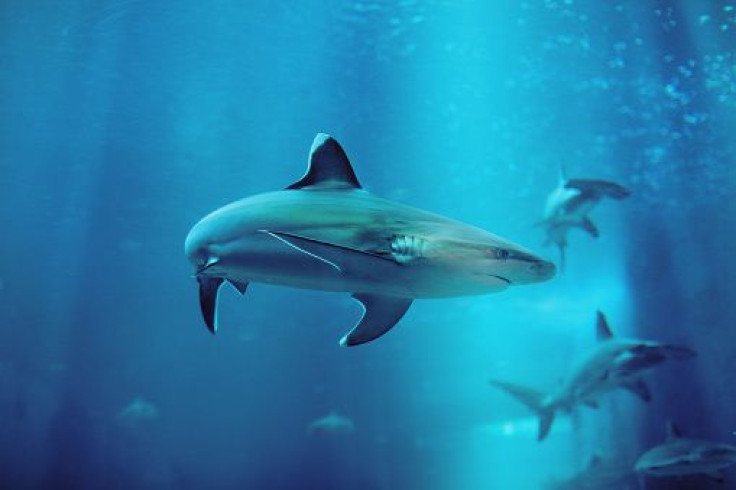Can Sharks Survive In Pools? 10 Sharks Found In New York Basement

In a bizarre incident, environment officials recently found ten sharks in a basement pool at a Dutchess County residence, New York.
According to reports, a search warrant was executed by the officials of the New York State Department of Environmental Conservation (NYDEC) after information that sharks were being kept illegally in a basement, the department announced Wednesday.
The DEC environmental conservation officers conducted the search operation at the home in LaGrangeville in Hudson Valley on Aug.23 where an unidentified individual was suspected of harboring illegal wildlife.
Something fishy: 7 live sharks, 3 dead ones found in home’s basement pool https://t.co/dQfWShqqxW pic.twitter.com/zPHff9mzca
— WYFF News 4 (@wyffnews4) September 7, 2017
Officials found seven live sandbar sharks and three dead sharks including two dead leopard sharks and one dead hammerhead shark in the pool, Patch.com reported. All the sharks were two to four feet long. The reason for the death of the three sharks was not revealed by the authorities. It is also not clear if the animals were being kept as pets or for other purposes.
The live sharks were held in a 15-foot above ground pool in the basement from where the DEC marine resources personnel seized the fish, took their blood samples, measured length, put tags on them and transferred them to a box truck of the Riverhead Foundation for Marine Research and Preservation. Officials said the box was fitted with plastic tanks, oxygen, and climate control. A WCS veterinarian assessed the animals’ condition.
Environmental Conservation Police officers and staff from the Wildlife Conservation Society’s (WCS) New York Aquarium and Long Island Aquarium were also present at the time of the rescue. An investigation into the incident is currently under way and the sharks have been sent to the Long Island Aquarium in Riverhead to be housed there until the investigation is completed.
Several wildlife experts suggest that keeping sharks in captivity, especially those that can grow to become large in size like the great white shark, is not a good idea. The creatures of the sea are brought to aquariums and kept purely as a spectacle and for money-making opportunities.
According to Sharks-World, a website that publishes information related to the animal, some species can survive in aquariums. However, it is dangerous to keep them in small and restricted spaces. The lifespan of sharks can also be reduced as a result of the inactivity due to captivity.
There are also cases where the owners of the sharks kept captive are forced to release the animals into the sea despite them not having previous experience living in the wild, which can prove to be dangerous for the fish. Sharks are also sold illegally to people who do not have the skill to keep it alive.
Sharksider lists the factors that need to be considered to determine if a shark can survive in captivity: the “hardiness” of the species or how easily it can adapt to a new restricting environment, and the amount of maintenance it requires after being introduced to such an environment. “Shark availability” or the ease or difficulty with which sharks can be in the wild, and if it can breed in captivity should also be considered. Another factor is “shark compatibility” which refers to how the fish would interact with other creatures in a tank. This has to be similar to the environment in the sea.
© Copyright IBTimes 2024. All rights reserved.











